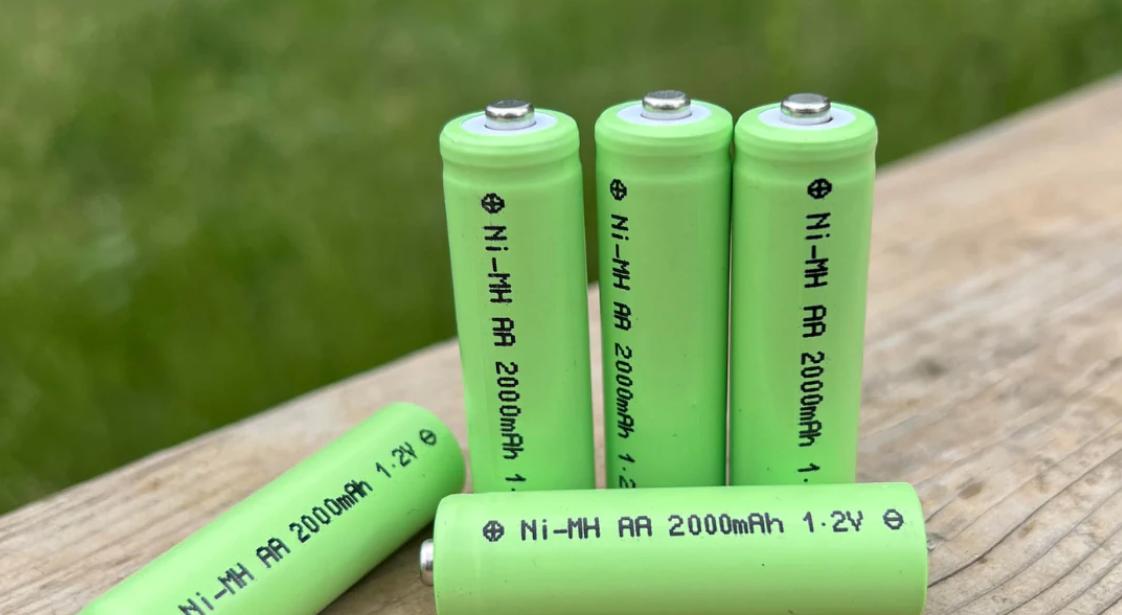
What Happens When You Put Regular Batteries in Solar Lights?
Using regular batteries in solar lights is generally not recommended. While they may work temporarily, regular batteries like alkaline types can lead to performance issues and potential damage to the solar light system. This article explores the implications of using regular batteries in solar lights and offers guidance on suitable alternatives.
Why Are Regular Batteries Not Suitable for Solar Lights?
Regular batteries, particularly alkaline batteries, are designed for single use and not for the repeated charging and discharging cycles that solar lights require. When placed in solar lights, they can quickly deplete, leading to unreliable performance. Additionally, they are not rechargeable, which means they will need frequent replacement, increasing waste and cost.Chart: Battery Type Suitability
| Battery Type | Suitability for Solar Lights | Reason |
|---|---|---|
| Alkaline | No | Single-use; not rechargeable |
| NiCd | Yes | Rechargeable; designed for cycling |
| NiMH | Yes | Rechargeable; higher capacity |
| Lithium-Ion | Yes | Rechargeable; long lifespan |
What Are the Risks of Using Regular Batteries in Solar Lights?
Using regular batteries in solar lights poses several risks:
- Leakage: Over time, regular batteries can leak corrosive materials, damaging the solar light’s internal components.
- Overheating: These batteries are not designed to handle the charging cycles typical of solar applications, which can lead to overheating.
- Reduced Performance: Regular batteries will not provide adequate power over time, resulting in dim or non-functional lights.
- Environmental Impact: Disposing of regular batteries improperly can lead to environmental hazards due to toxic substances.
Chart: Risks Overview
| Risk | Description |
|---|---|
| Leakage | Can damage internal components |
| Overheating | May cause safety hazards |
| Reduced Performance | Leads to dim or non-functional lights |
| Environmental Impact | Toxic substances can harm the environment |
How Do Regular Batteries Compare to Rechargeable Batteries?
Regular batteries differ significantly from rechargeable batteries:
- Rechargeability: Regular batteries cannot be recharged, while rechargeable options like NiMH or lithium-ion can handle multiple charge cycles.
- Cost Efficiency: Although regular batteries are cheaper upfront, rechargeable batteries save money over time due to their longevity.
- Performance: Rechargeable batteries typically offer better performance under varying conditions and are designed specifically for devices that require frequent charging.
Chart: Comparison of Battery Types
| Feature | Regular Batteries | Rechargeable Batteries |
|---|---|---|
| Rechargeable | No | Yes |
| Lifespan | Short | Long |
| Cost Efficiency | Lower initial cost | Cost-effective over time |
What Should You Use Instead of Regular Batteries?
Instead of regular batteries, consider using:
- NiMH (Nickel-Metal Hydride) Batteries: These are commonly used in solar lights due to their good capacity and rechargeability.
- NiCd (Nickel-Cadmium) Batteries: While less popular now due to environmental concerns, they are still effective for solar applications.
- Lithium-Ion Batteries: These offer high energy density and longevity but may require specific compatibility checks with your solar lights.
Using these types ensures optimal performance and longevity from your solar lighting systems.
How Do Alkaline Batteries Perform in Solar Applications?
Alkaline batteries can work temporarily in solar lights but typically last only about a week before needing replacement. They are not designed for the charging cycles that solar lights undergo, leading to rapid depletion and inconsistent performance. For best results, it is advisable to avoid using alkaline batteries altogether.
Why Is It Important to Use Rechargeable Batteries?
Using rechargeable batteries is critical for several reasons:
- Cost Savings: They reduce long-term costs since they can be reused multiple times instead of being disposed of after a single use.
- Environmental Benefits: Rechargeable options generate less waste and reduce the number of batteries sent to landfills.
- Performance Reliability: Designed for cycling, rechargeable batteries maintain their voltage better over time compared to regular alkaline options.
By investing in rechargeable batteries, users enhance both performance and sustainability.
Industrial News
Recent advancements in battery technology have highlighted a growing shift toward eco-friendly solutions in solar lighting systems. Manufacturers are increasingly promoting rechargeable battery options that minimize environmental impact while maximizing efficiency. Additionally, there is a trend toward integrating smart technology into solar lights that allows users to monitor battery health and optimize performance based on usage patterns.
Expert Views
“Using regular batteries in solar lights is not just inefficient; it can also lead to significant damage over time,” says Dr. Emily Carter, an expert in renewable energy technologies. “Opting for high-quality rechargeable batteries ensures better performance and aligns with sustainable practices.” She emphasizes that understanding battery compatibility is crucial for maximizing the benefits of solar lighting systems.
